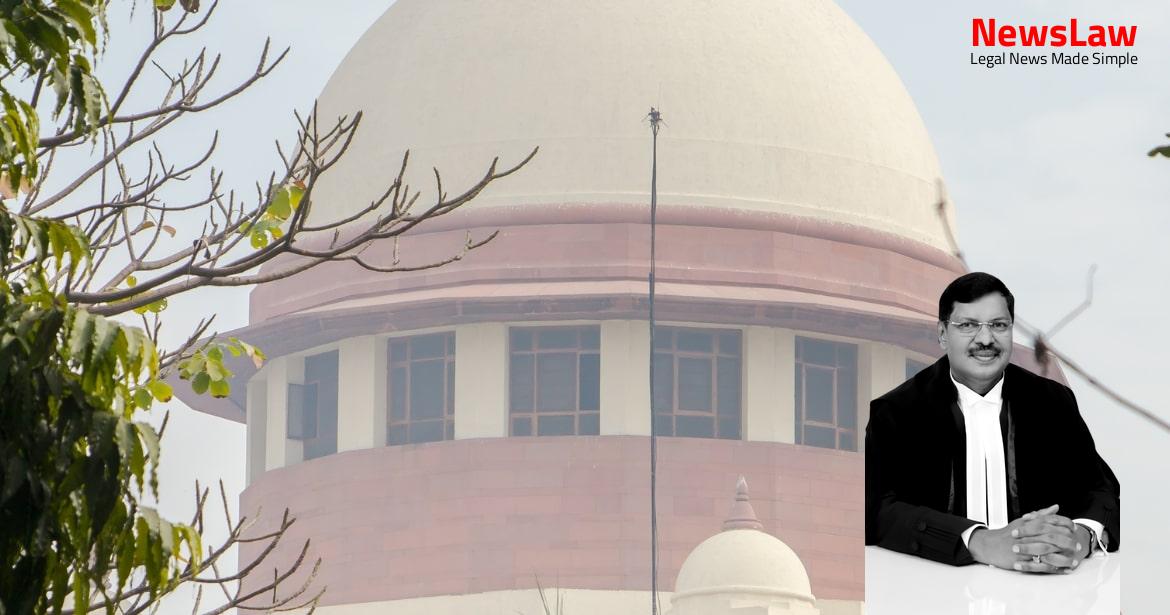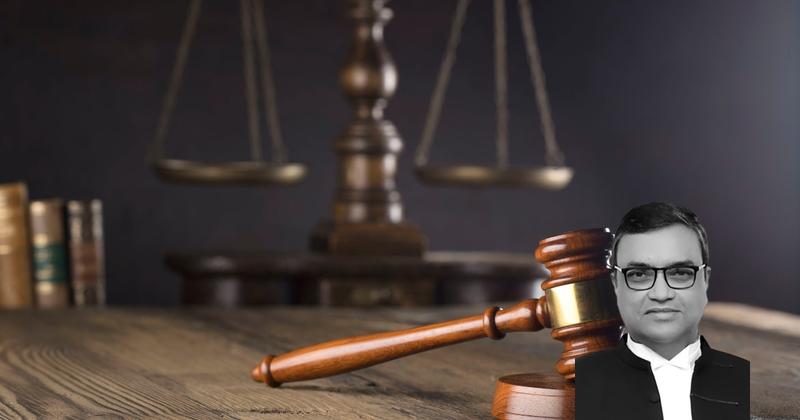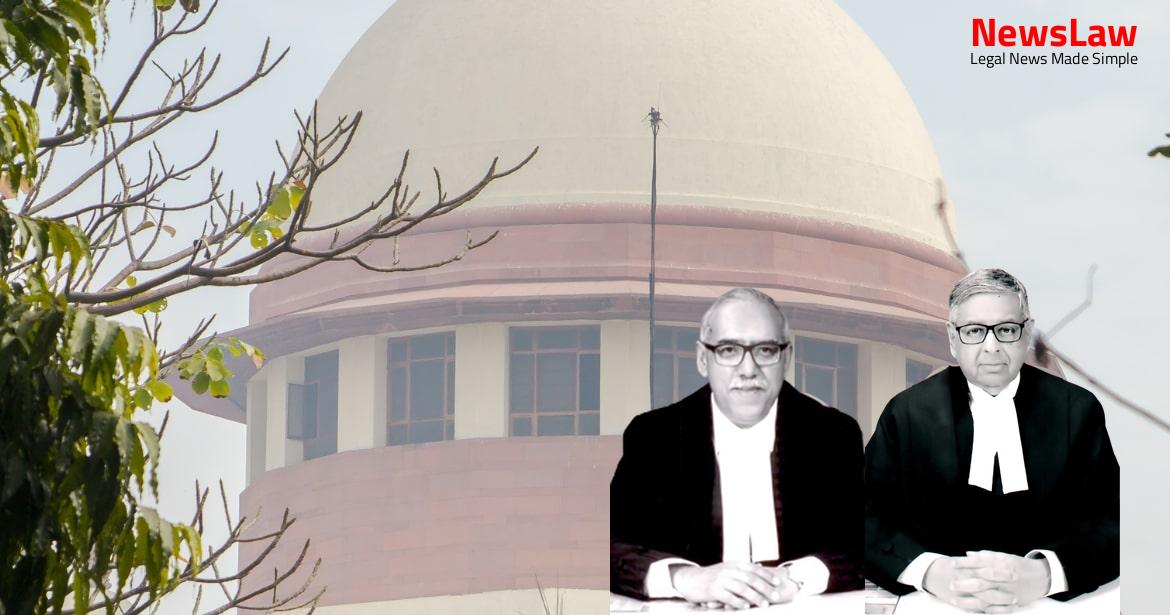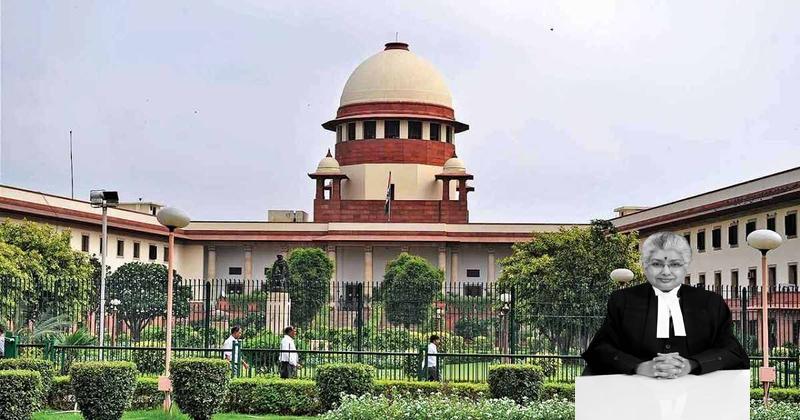In a recent landmark judgement, the Supreme Court Of India provided clarity on the jurisdiction of the Special Court in electricity theft cases. The case involved detection of tampering of an electricity meter and subsequent legal proceedings against the accused. The Court’s decision emphasized the proviso to Section 151 of the Electricity Act, 2003, which allows the Special Court to take cognizance directly, ensuring that the legal process is followed meticulously.
Facts
- The High Court allowed the Criminal Petition No.13678 of 2011 filed under Section 482 of the Code of Criminal Procedure, 1973, and quashed the proceedings in E.S.C. No.3 of 2011
- The appellant, an officer of the State Distribution Utility, detected tampering of electricity meter of Original Name in November 2009
- The meter was found tampered and the loss was assessed at Rs.6,28,383/-
- The first criminal case against Original Name was compounded on 03.08.2009 upon payment of Rs.47,000/-
- The second offence for tampering the meter was registered in E.S.C. No.3 of 2011
- The High Court’s order was challenged in this Criminal Appeal by the Officer of the State Distribution Utility
- The High Court quashed the proceedings mainly because the Special Court had taken cognizance directly.
- The fact that the Special Court had taken cognizance directly was not disputed by the learned Public Prosecutor.
- This was a key ground for the High Court to quash the proceedings.
Also Read: Quash Petition Dismissed: Case Summary of accused nos. 5 to 7
Arguments
- Ms. Meenakshi Arora, representing the appellant in the case, argued that the High Court did not consider the proviso to Section 151 of the Electricity Act, 2003 before passing the impugned order.
- It was emphasized that the proviso to Section 151 empowers the Special Court to take cognizance directly, thereby not violating Section 193 of the Code of Criminal Procedure, 1973.
- Reference was made to the case of Gangula Ashok which was related to the SC/ST Act, wherein it was held that direct cognizance cannot be taken by the Special Court unless committed by a Committal Court.
- The argument highlighted the lack of a provision equivalent to Section 151 in the SC/ST Act, making the comparison between the two Acts unfounded.
- It was contended that despite this being the second offense of electricity theft by the appellant, the High Court erred in quashing the proceedings without considering the proviso to Section 151 of the Electricity Act, 2003.
- The Court determined that it lacks jurisdiction in this case.
- The complaint was not filed within twenty-four hours of disconnection as required.
- The High Court correctly quashed the cognizance taken against Original Name.
- There are no valid grounds for interference in this matter.
Also Read: Hyatt Hotel vs. The State of India: Corporate Liability and Vicarious Responsibility
Analysis
- The High Court based its decision on two grounds for quashing the petition: delay in lodging the complaint as per the Electricity Act, 2003, and the Special Court’s direct cognizance without committal order under the CrPC.
- The Special Court, as per the Electricity Act, 2003, is empowered to take cognizance without a committal order, contrary to Section 193 of the CrPC. Therefore, the High Court’s decision is flawed.
- The High Court overlooked the proviso in Section 151 of the Electricity Act, 2003, empowering the Special Court to take cognizance without committal.
- The High Court relied on Shalini Steels Private Limited decision, which was based on Gangula Ashok decision, but this overlooks the specific provision in the Electricity Act, 2003.
- The High Court’s reliance on Section 193 of the CrPC, which requires committal to take cognizance, is misplaced given the specific provisions of the Electricity Act, 2003.
- The complaint timeline discrepancy was raised, asserting that the filing was within the required timeframe despite mentions of an incorrect disconnection date.
- The High Court’s decision to quash the proceedings solely on the basis of dispute over cognizance without committal order was not supported by law.
- No Court of Session can take cognizance of any offence under the Electricity Act, 2003 as a court of original jurisdiction unless the case has been committed to it by a Magistrate.
- Section 151 of the Electricity Act, 2003 introduces a new provision.
- Under Section 151, no court can take cognizance of an offence punishable under the Act unless there is a written complaint made by specific authorities or individuals mentioned in the section.
- The appellant’s argument that the disconnection was within the specified time is accepted.
- The Government’s notification of the 1 Additional District Judge’s Court as a Special Court for cases under the Electricity Act, 2003, establishes competent jurisdiction.
Also Read: Land Acquisition Dispute: The Road Construction Case
Decision
- The appeal is allowed and the impugned order dated 03.12.2018 is set aside.
- The trial court is directed to expedite the hearing of the case due to the occurrence being in the year 2009.
- The Court has not delved into the merits of the case, leaving it to the trial court to determine findings based on evidence during the trial.
Case Title: SHRI A.M.C.S SWAMY ADE/DPE/HYD (CENTRAL) Vs. MEHDI AGAH KARBALAI
Case Number: Crl.A. No.-001102-001102 / 2019



